TimTheTatman is among the most experienced streamers in the industry, and his fortune has come from his ability to evolve over time and get with the appropriate trends.
In his early years, Tim played a lot of multiplayer games like Call of Duty, CS:GO, and Overwatch. But as battle royales established a growing footprint in the industry, he began to gravitate toward titles like Fortnite and Warzone.
A part of that transition comes from the format of a battle royale, which makes it easier for a creator to interact with viewers. But for Tim, one of the biggest reasons that battle royales are so successful is because of the negative impact skill-based matchmaking (SBMM) has on multiplayer games.
“After streaming battle royales for a majority of my career, I’ll throw that in air quotes, that’s what I really love streaming,” he said. “If SBMM wasn’t a thing, I would stream multiplayer. I’ve said this before, and I’ll say it again, SBMM is, I dare say, killing video games.”
He went on to mention the frustration that he feels when critical viewers comment in his chat while he’s playing a highly competitive multiplayer game that has SBMM. Tim noted that people will say “your ass” to him not understanding that he is playing against talented players a lot of the time. Frequently, he believes those same people that are criticizing him aren’t rated as highly and wouldn’t be able to keep up in the matches he’s in.
The conversation in part stems from Tim dipping his toes back into Overwatch with the release of Overwatch 2 earlier this month. Prior to the release of Overwatch 2, Tim spent a lot of time playing Warzone this year.


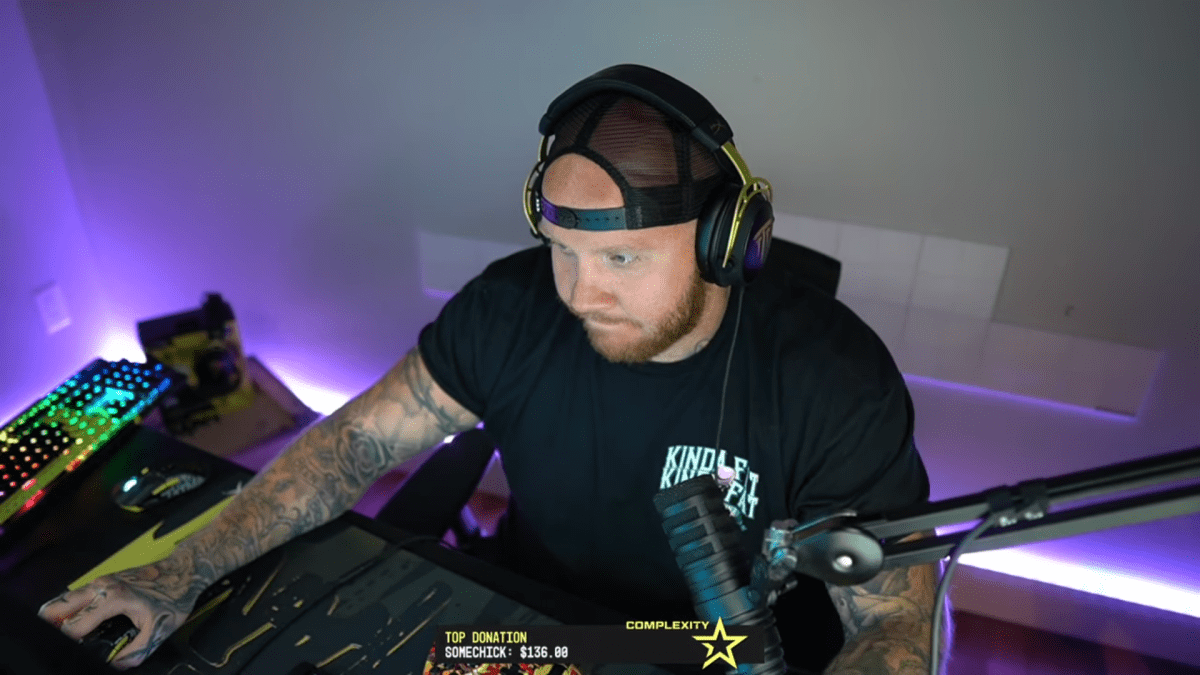

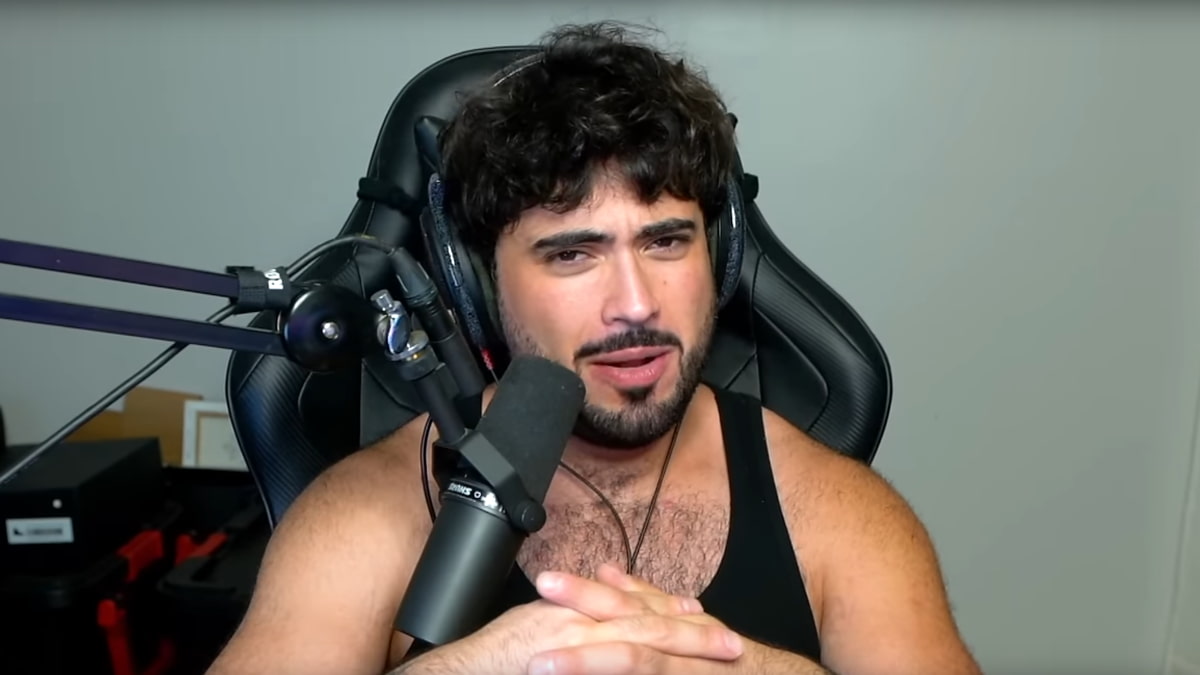
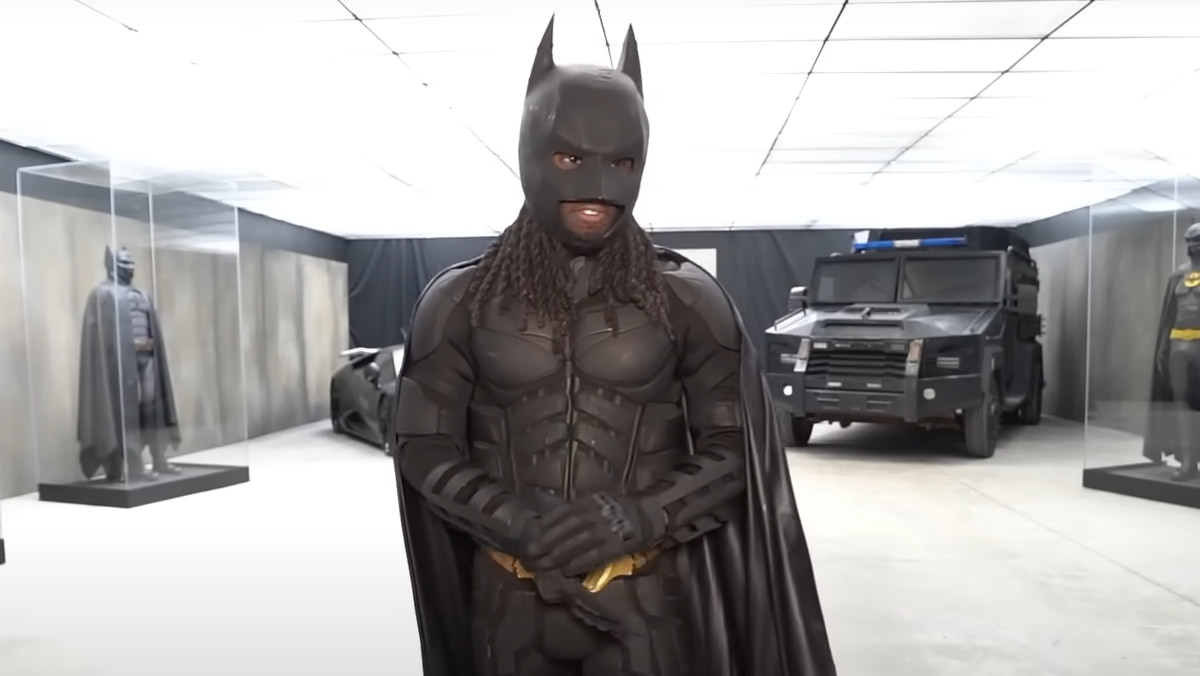
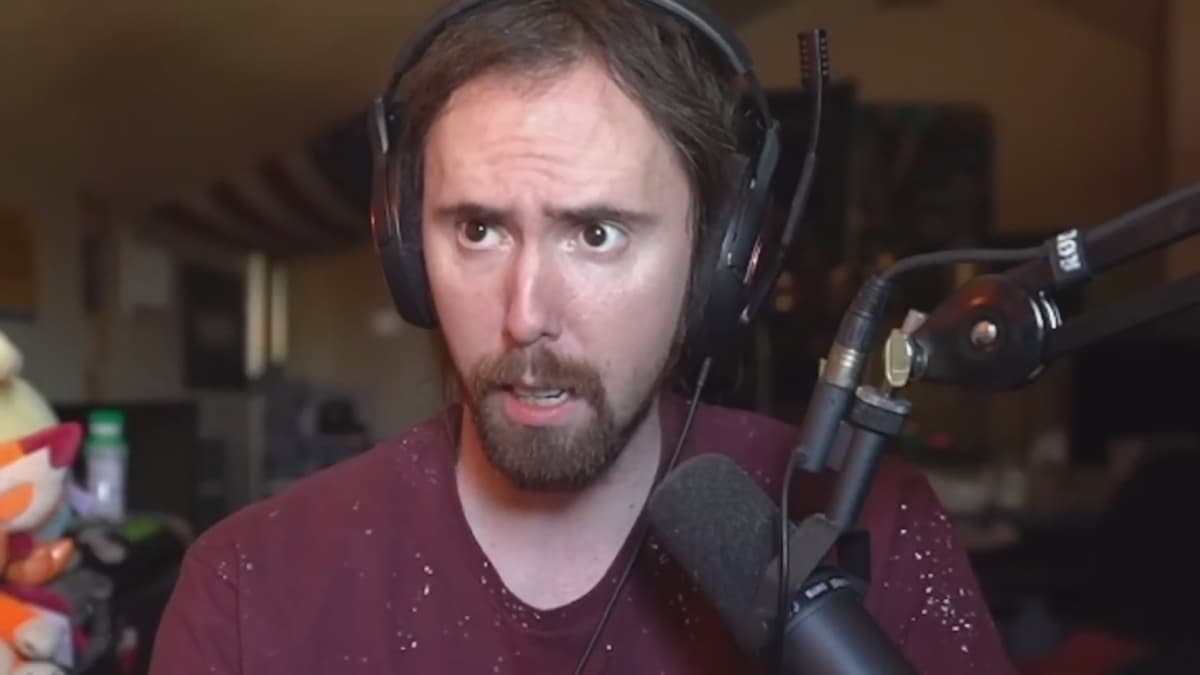


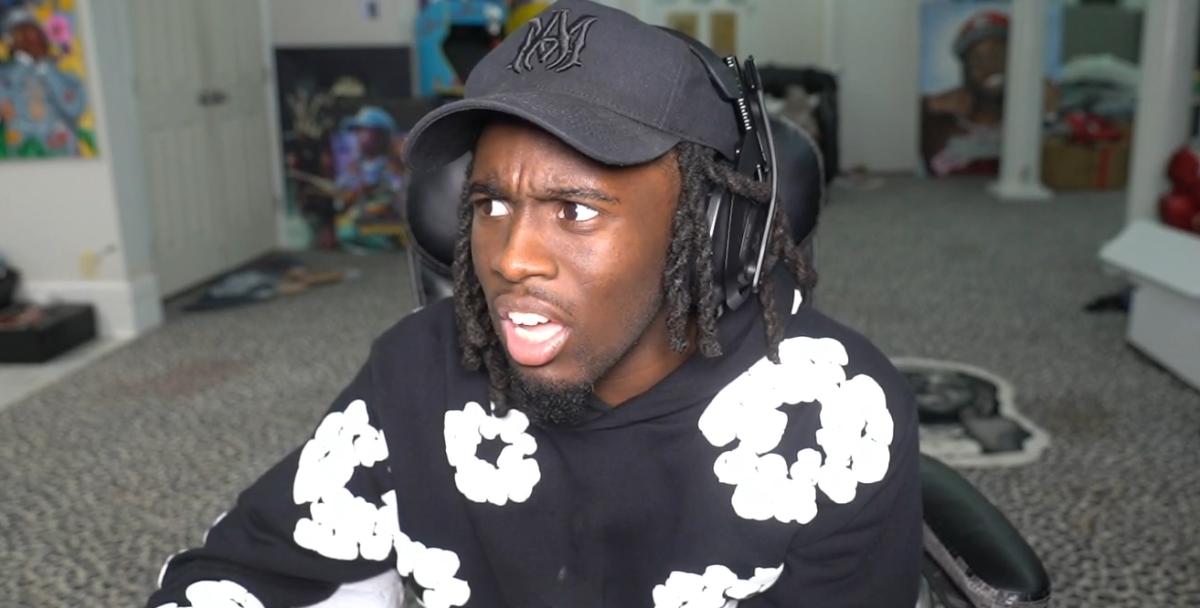
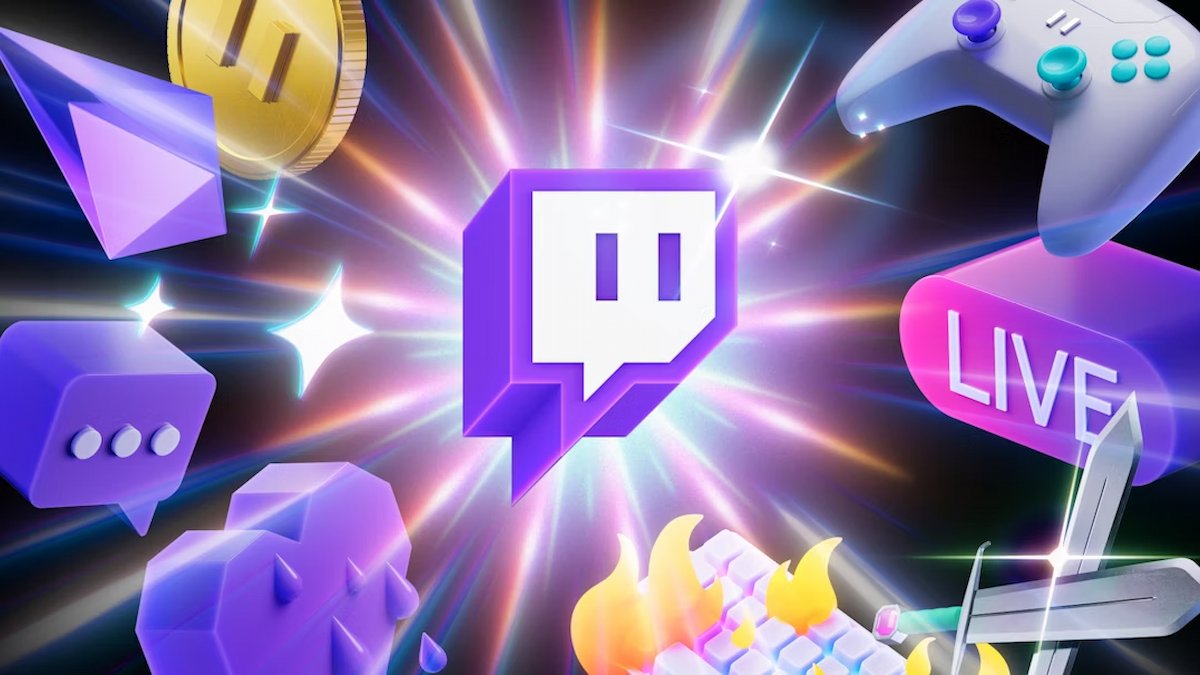

Published: Oct 25, 2022 02:58 pm